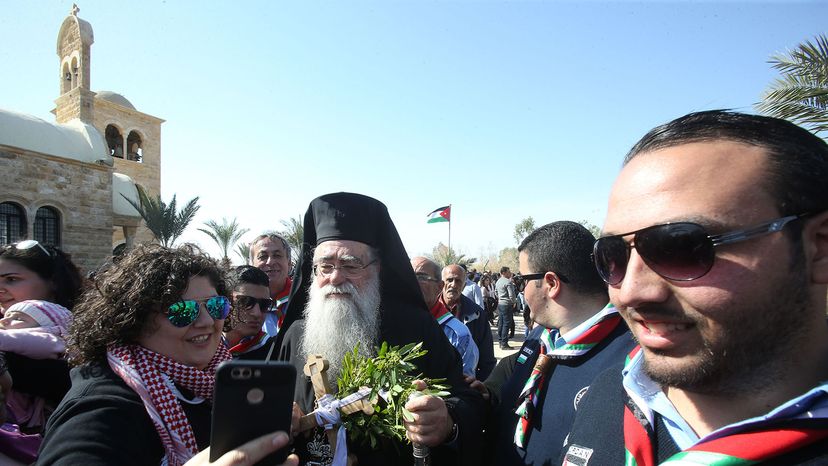
During the holiday season, "The Twelve Days of Christmas" is heard everywhere from shopping malls to television commercials to church functions. Everywhere you go, you can hear about Two Turtle Doves, Seven Swans-a-Swimming and Eleven Pipers Piping. But what does any of this mean? What does a song about doves, hens and geese have to do with Christmas?
The carol has its roots in 18th-century England, as a memory-and-forfeit game sung by British children. In the game, players had to remember all of the previous verses and add a new verse at the end. Those unable to remember a verse paid a forfeit, in the form of a kiss or a piece of candy to the others.
Advertisement
One theory, however, connects the carol to the era when Catholicism was outlawed in England, from 1558 and 1829. The carol, it is said, was a catechism song for Catholics to learn "the tenets of their faith," as they could not openly practice in Anglican society [source: Snopes.com]. While many still hold the idea of a coded hymn to be true, there's no substantive evidence that this was the case, nor is there any evidence that the verses contain anything uniquely Catholic.
Here are the verses of the song, along with their supposed symbolism:
- A Partridge in a Pear Tree - Jesus Christ
- Two Turtle Doves - The Old and New Testaments
- Three French Hens - The three virtues of Faith, Hope and Charity
- Four Calling/Collie Birds - Four gospels, Matthew, Mark, Luke and John
- Five Golden Rings - First five books of the Old Testament
- Six Geese-a-Laying - Six days of creation before God's rest on the seventh day
- Seven Swans-a-Swimming - Seven gifts of the Holy Spirit
- Eight Maids-a-Milking - Eight Beatitudes
- Nine Ladies Dancing - Nine fruits of the Holy Spirit
- Ten Lords-a-Leaping - Ten Commandments
- Eleven Pipers Piping - Eleven faithful disciples
- Twelve Drummers Drumming -Twelve points of belief in the Apostles' Creed
While these verses are what most of us associate with the "Twelve Days of Christmas," the phrase refers to an actual 12-day period. The 12 days of Christmas, in fact, are the days from Dec. 25, celebrated as the birth of Jesus Christ, to the Epiphany, celebrated on Jan. 6 as the day when the manifestation of Christ's glory was realized.
While sects of Christianity celebrate the 12 days of Christmas differently, certain ones, such as the Eastern Orthodox Church, consider the Epiphany to be the most important day of the Christmas season. Some exchange gifts on each of the 12 days instead of only on Christmas day.
What are some other unique customs certain sects of Christianity have in celebrating the Twelve Days of Christmas? How did these days come into existence? Find out next.
Advertisement



